Key Health Concerns in Maine Coon Cats: Essential Insights for Owners
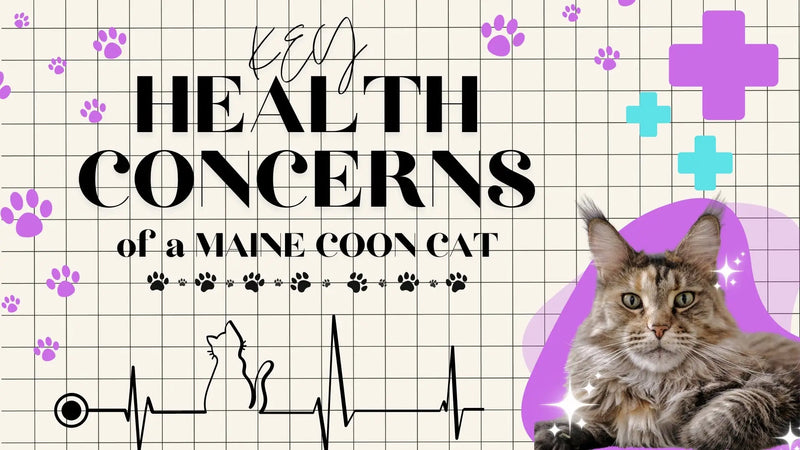
Owning a Maine Coon cat is like having a gentle giant with a heart of gold as part of your family. Their amiable nature, coupled with a majestic presence, makes them a popular choice for cat enthusiasts around the world. However, as with all breeds, Maine Coons come with their specific set of health concerns that owners should be aware of. Understanding these can help you provide the best care for your furry friend. Let’s explore the most common health issues in Maine Coon cats and what you can do to keep your companion thriving.
1. Hypertrophic Cardiomyopathy (HCM)
Hypertrophic Cardiomyopathy is the most common form of heart disease in cats and is particularly prevalent in Maine Coons. It involves the thickening of the heart muscles, which can lead to serious health complications.
What You Can Do: Regular veterinary check-ups that include cardiac evaluations are crucial. Learn more about the importance of Why Regular Vet Visits Matter. Early detection through echocardiograms can make a significant difference in managing this condition. Some genetic tests can identify specific markers for HCM in Maine Coons, so talk to your vet about testing options.
2. Hip Dysplasia
Despite their robust appearance, Maine Coons are prone to hip dysplasia, a genetic condition where the hip joint does not fit correctly into the socket, causing pain and mobility issues.
What You Can Do: Maintain a healthy weight for your cat to reduce stress on their hips. Consider supplements that support joint health after consulting with your vet. Regular, moderate exercise can also help keep their joints mobile and strong. Help regulate your Maine Coon Cat Playtime: Toys and Activities to stimulate a healthy mind and body.
3. Spinal Muscular Atrophy (SMA)
This genetic disorder affects the spinal cord's motor neurons, leading to muscle wasting and mobility issues. Fortunately, while it sounds severe, cats with SMA typically lead normal lives without pain.
What You Can Do: There is a genetic test available for SMA to identify carriers or affected kittens. Knowledge is power; knowing your Maine Coon’s genetic status can help you manage their condition better. Learn more about your purebred genetics in our article The Role of Genetics in Purebred Cat Health.
4. Dental Issues
Maine Coons are also susceptible to gum and dental diseases, which can lead to more severe health issues if not addressed.
What You Can Do: Implement regular dental care routines that include brushing your cat’s teeth or using dental hygiene products approved by your vet. Regular dental check-ups are vital to catch and address any issues early.
5. Kidney Disease
Like many large cat breeds, Maine Coons can be vulnerable to kidney diseases, such as polycystic kidney disease, which can be exacerbated by genetic factors.
What You Can Do: Ensure your Maine Coon has constant access to fresh water and a diet formulated for kidney health if recommended by your vet. Regular blood and urine tests can catch kidney disease in its early stages when it’s most manageable.
Conclusion
While Maine Coons may face these health challenges, with the right care and preventative measures, they can lead full, happy lives. Regular visits to the vet, a balanced diet, and genetic testing where possible can help you stay ahead of these issues, ensuring your majestic Maine Coon remains healthy and vibrant. Remember, a well-cared-for Maine Coon is a wonderful companion who brings joy and affection to your home for many years. If you want to learn more about how fascinating yet vulnerable these cats are? Just Contact Us. We will help you have a deeper understanding of it. Want to adopt a Maine Coon? Just Check our Available Giant Maine Coon Kittens for Sale and we'll put you through our Adoption Process. Do not 'meows' out!
Tags:
#Health
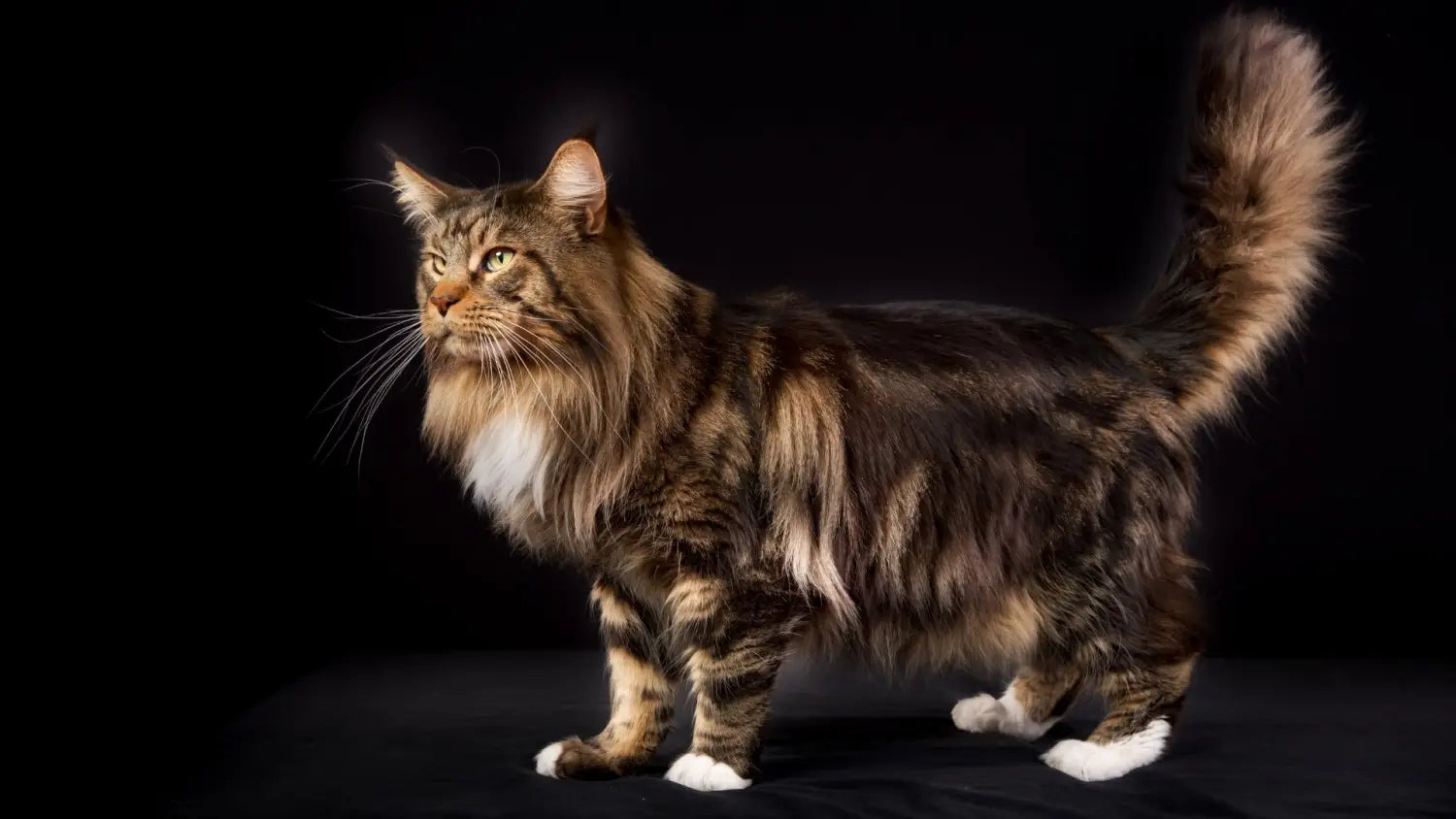
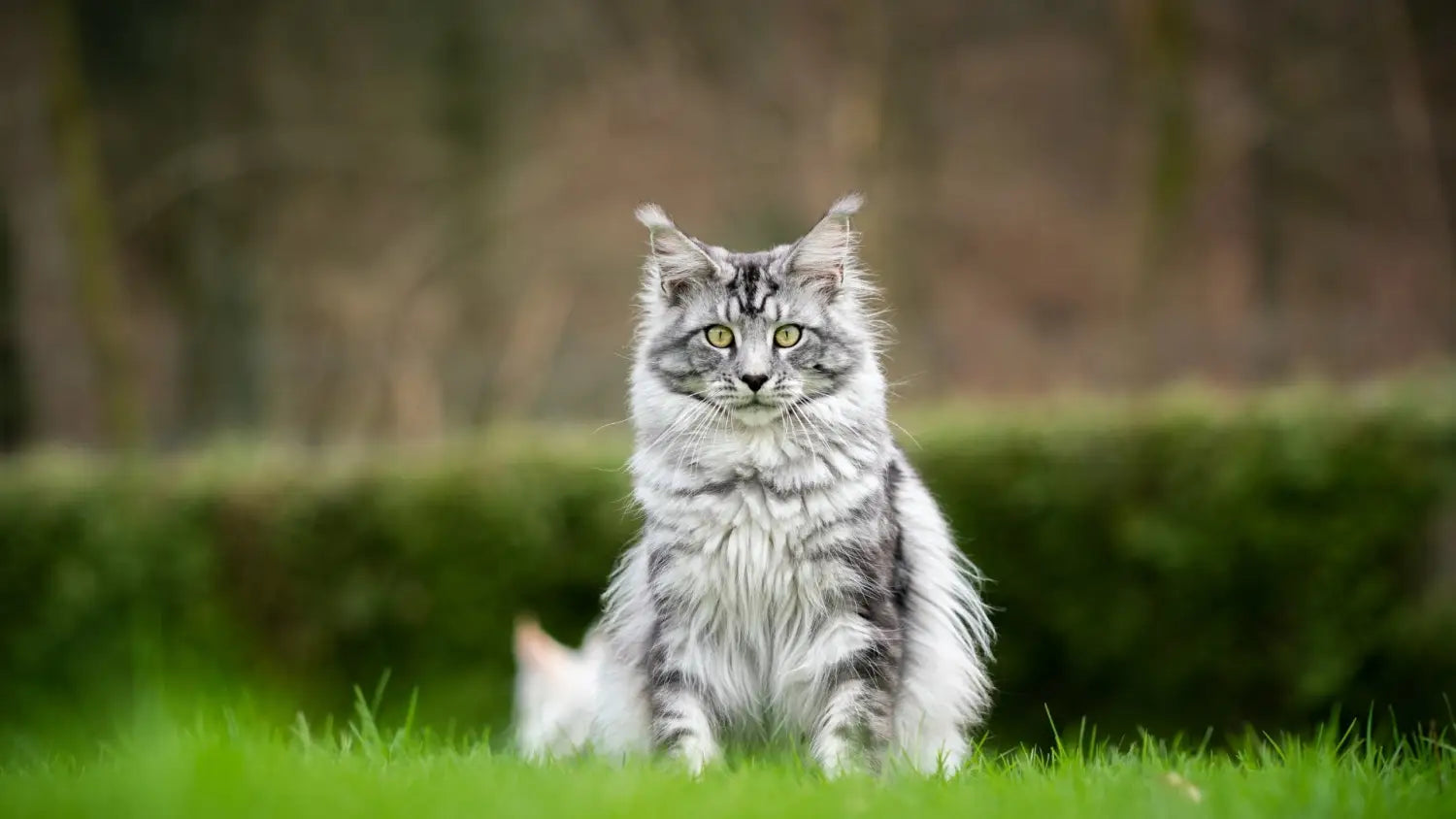
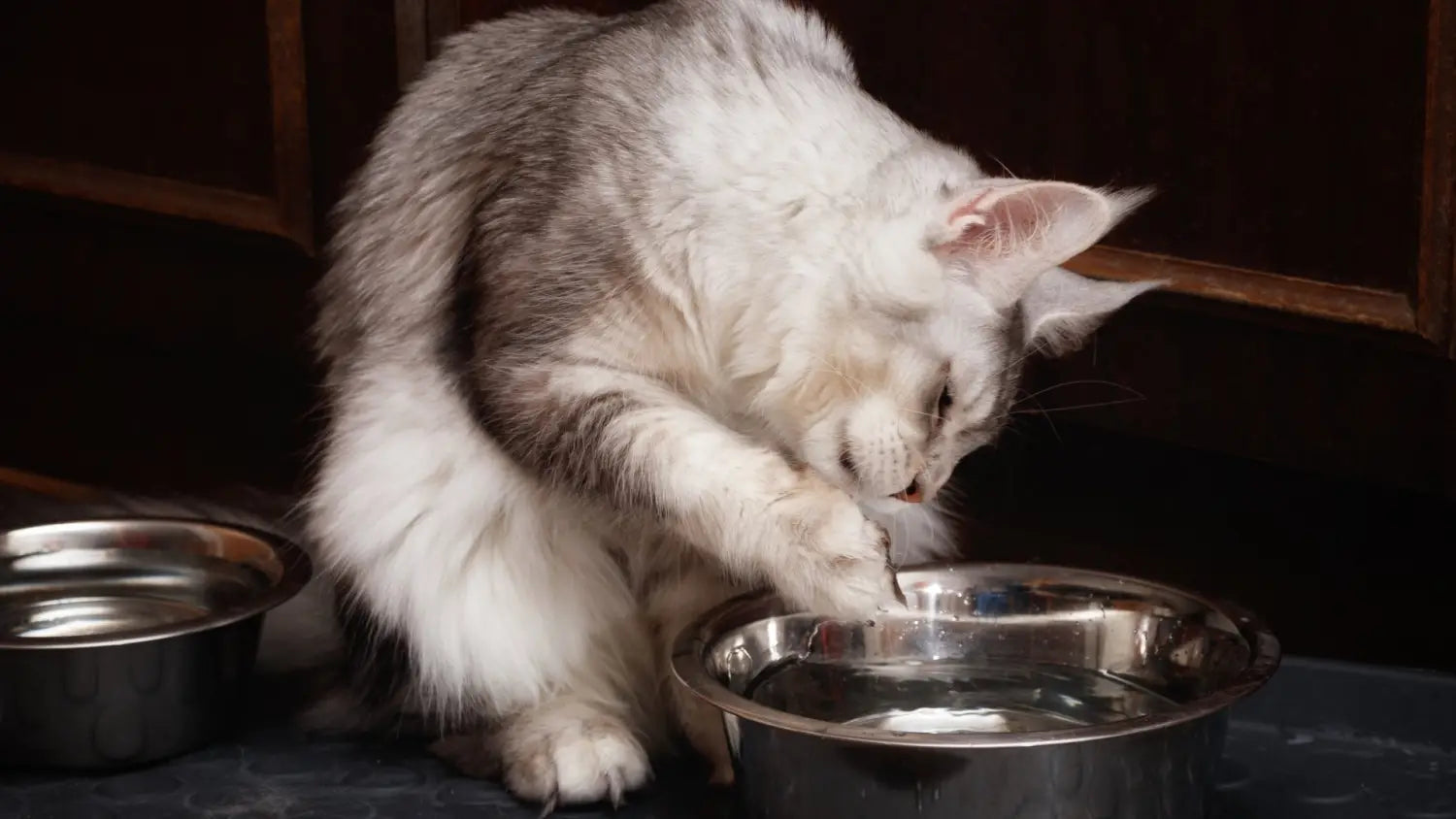

























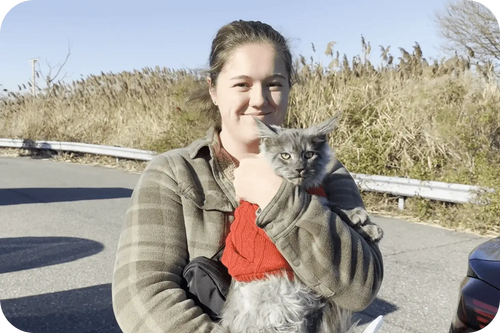
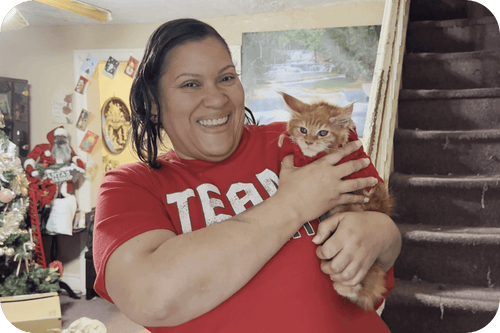
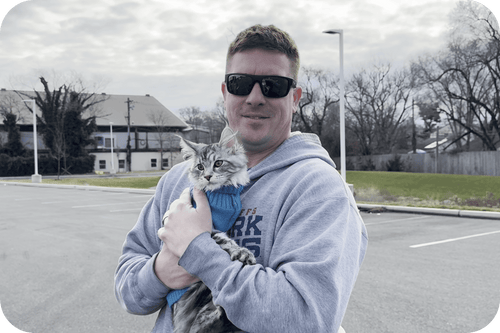

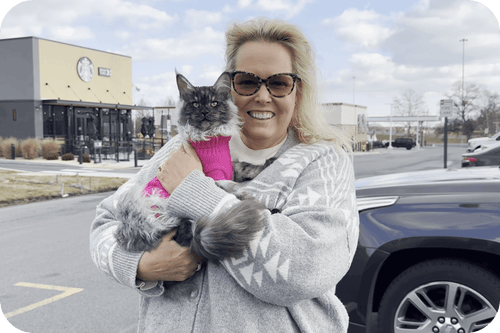

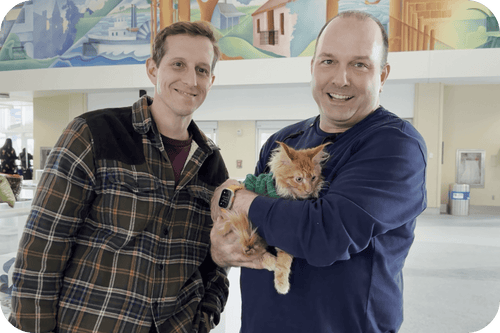


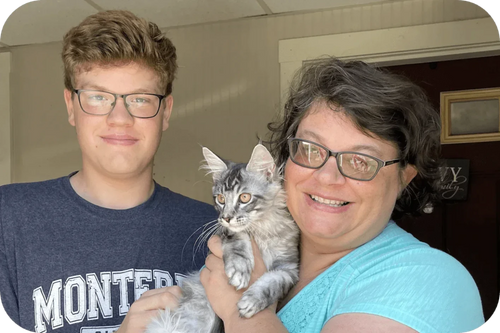
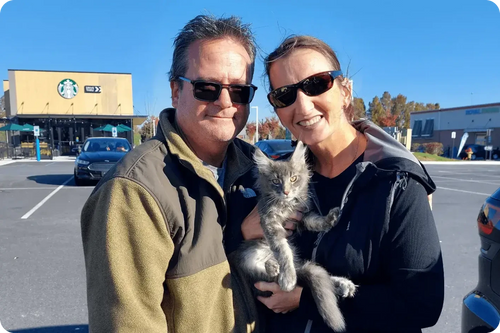
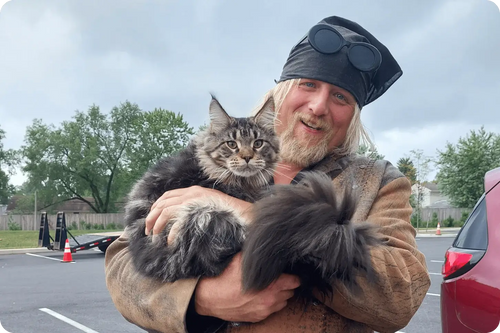


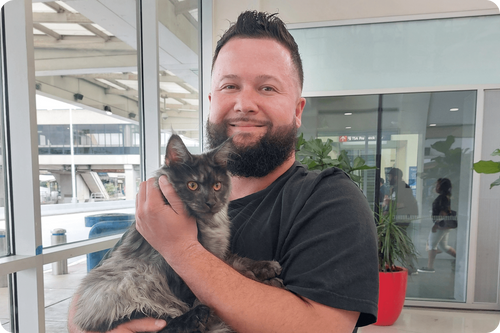













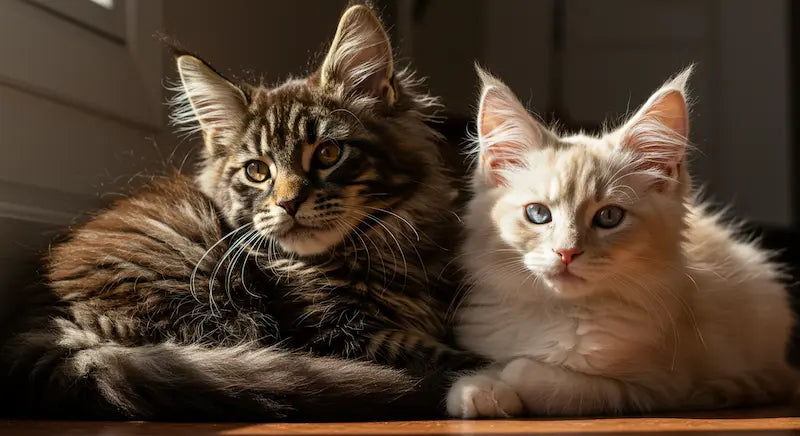
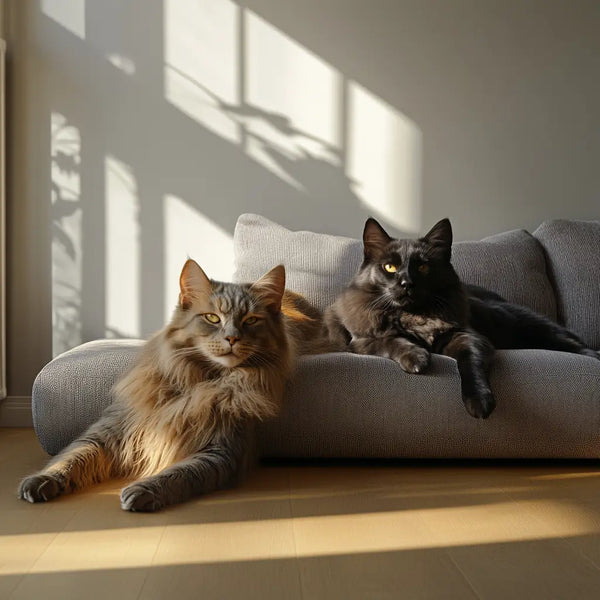





Comments(0)